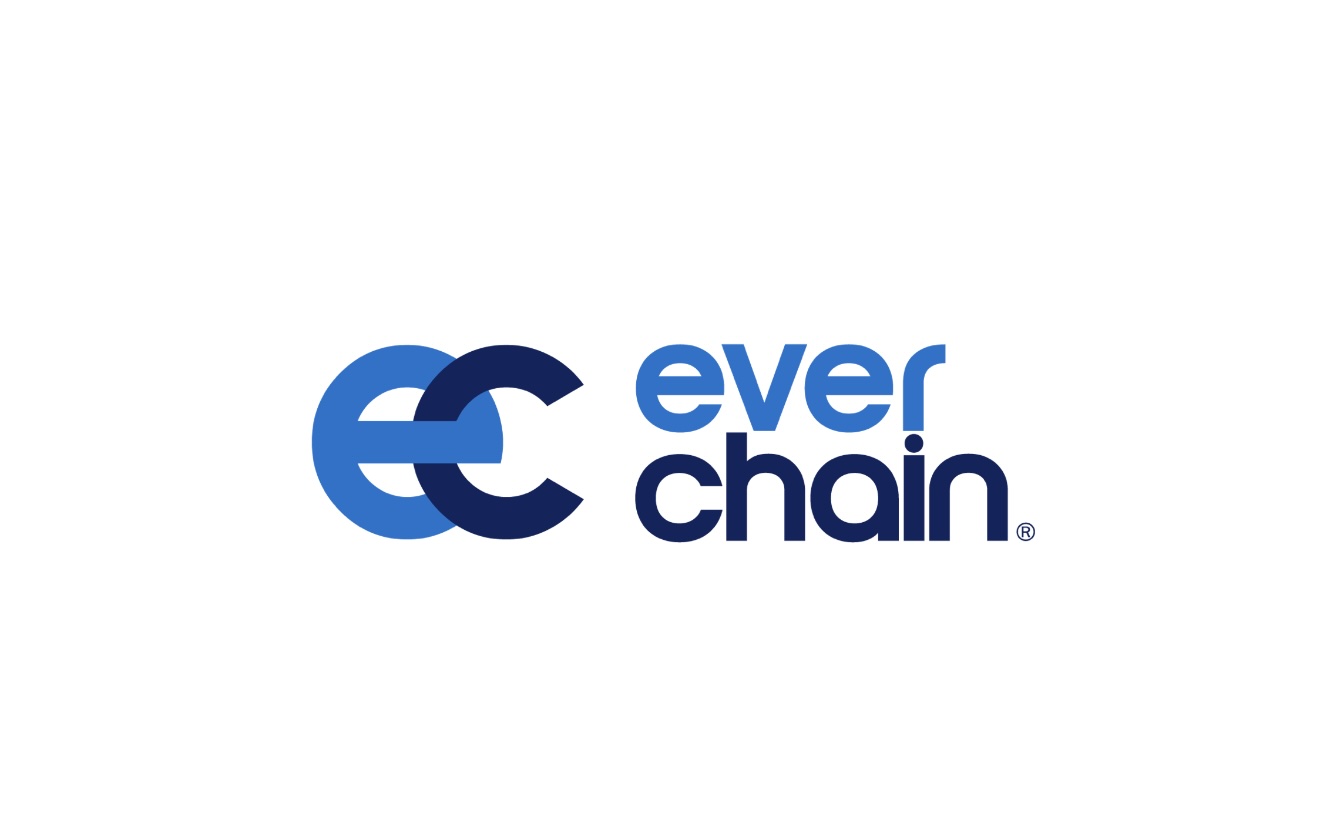Source: site

Details of the CFPB Proposal
-
The CFPB’s proposed amendments to Regulation B would explicitly state that ECOA does not authorize disparate-impact liability.
-
Language and commentary in Regulation B suggesting ECOA supports an “effects test” (basis for disparate-impact claims) would be removed, and new language would clearly state that ECOA does not recognize such claims.
-
The Bureau cites the absence of “effects” language in ECOA—unlike Title VII or the Fair Housing Act, under which disparate-impact is recognized—as a basis for this change.
-
The CFPB’s proposal aligns with an April 2025 executive order directing federal agencies to reduce reliance on disparate-impact liability.
Policy Rationale
-
The CFPB argues that the application of disparate-impact liability may promote what it calls “protected-class balancing,” which could unintentionally incentivize intentional discrimination as lenders attempt to engineer outcomes among protected groups.
-
It further states that ECOA’s statutory purposes are better served by limiting claims to instances of intentional discrimination or policies that serve as proxies for protected characteristics.
Practical Implications
-
If finalized, enforcement and compliance under ECOA would shift from effects-based (disparate-impact) liability to focusing solely on intent-based discrimination (disparate treatment and proxy discrimination).
-
Lenders and creditors would face less regulatory risk regarding facially neutral policies that might result in unequal outcomes, with disparate-impact liability remaining under other statutes like the Fair Housing Act or some state laws.
-
The rule also addresses “discouragement” (defining it more narrowly) and changes requirements for Special Purpose Credit Programs—especially those run by for-profit entities.
Comment Period and Reaction
-
The CFPB’s proposed rule is open for public comment, with comments due by December 15, 2025.
-
Civil rights groups and consumer advocates argue that eliminating disparate-impact claims will weaken fair lending protections and make it harder to address discriminatory outcomes from ostensibly neutral lending practices.
This proposal marks a fundamental regulatory shift that, if implemented, would have broad effects on the nature of ECOA enforcement and fair lending compliance across the U.S..




